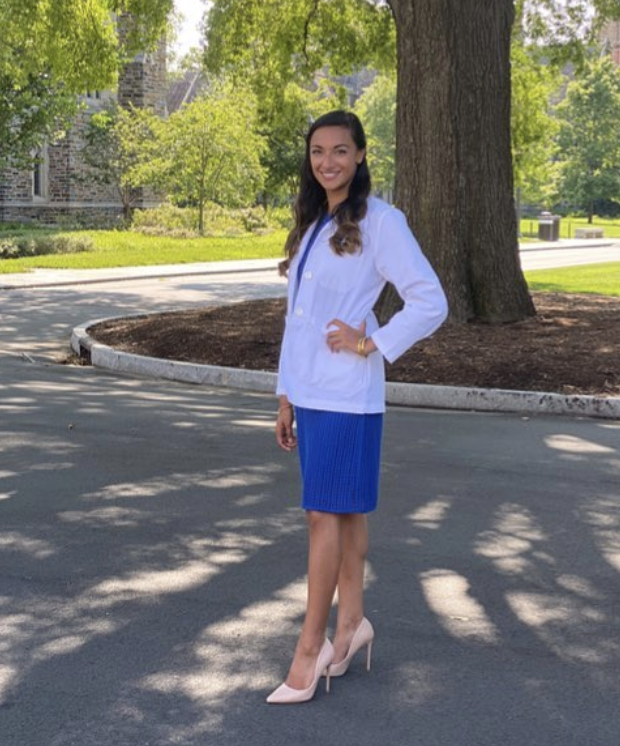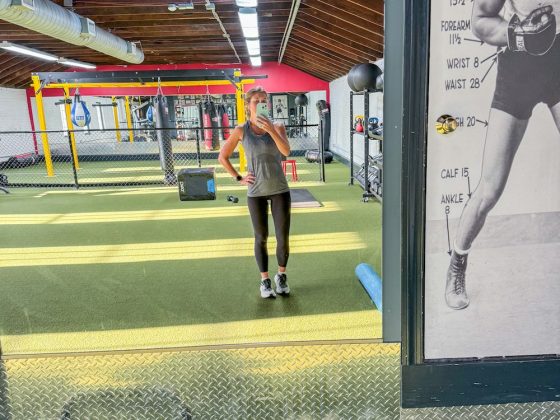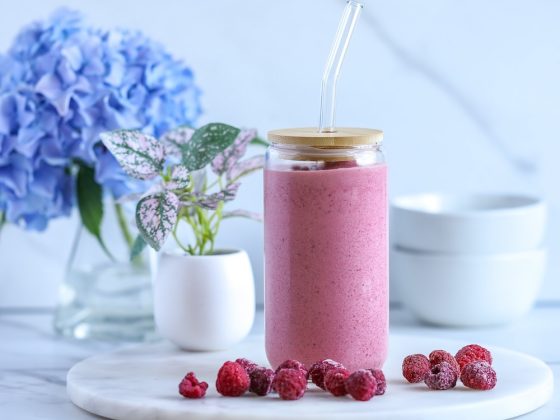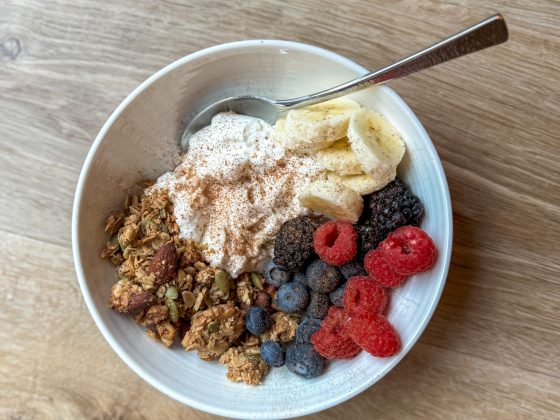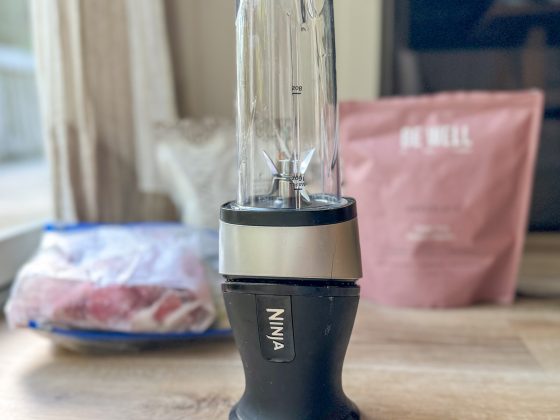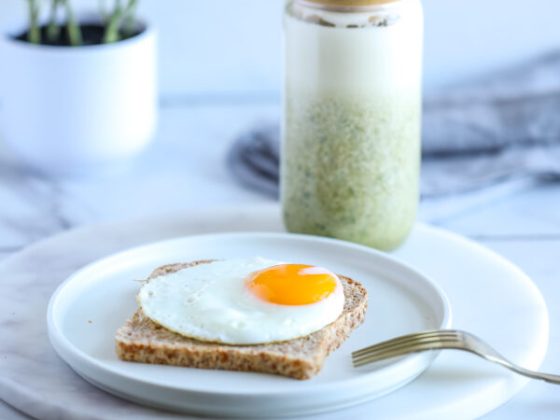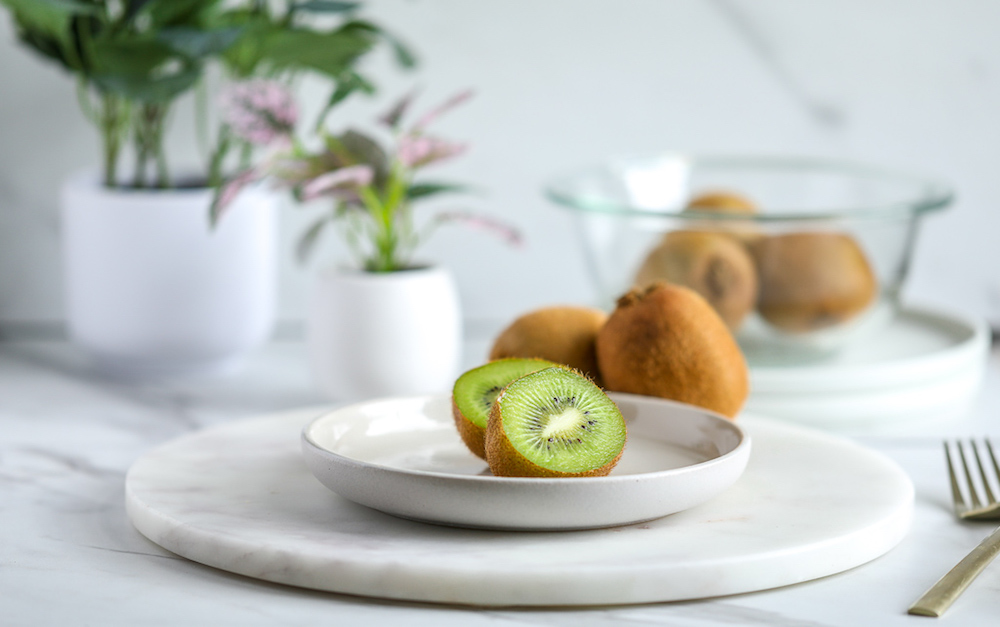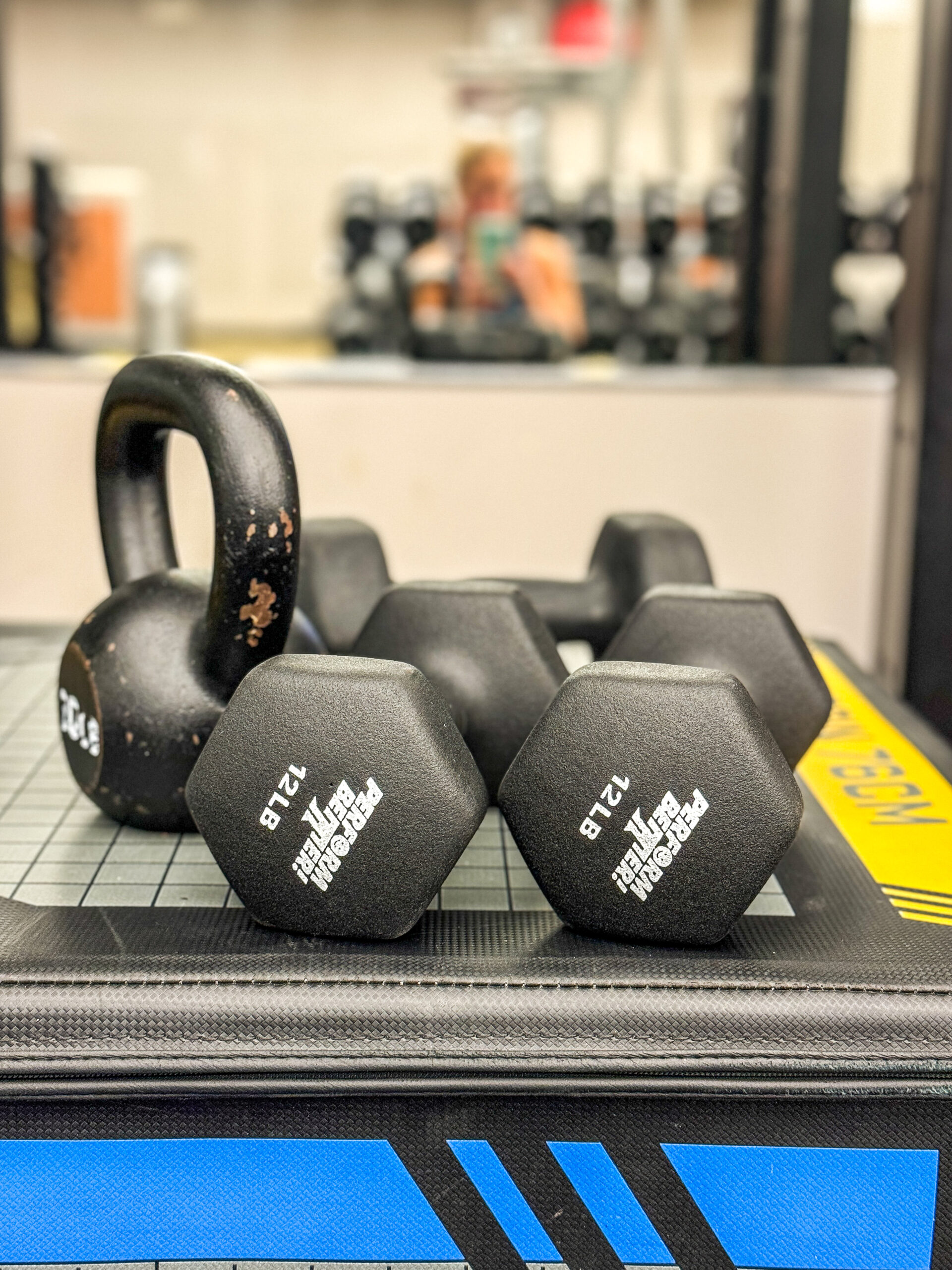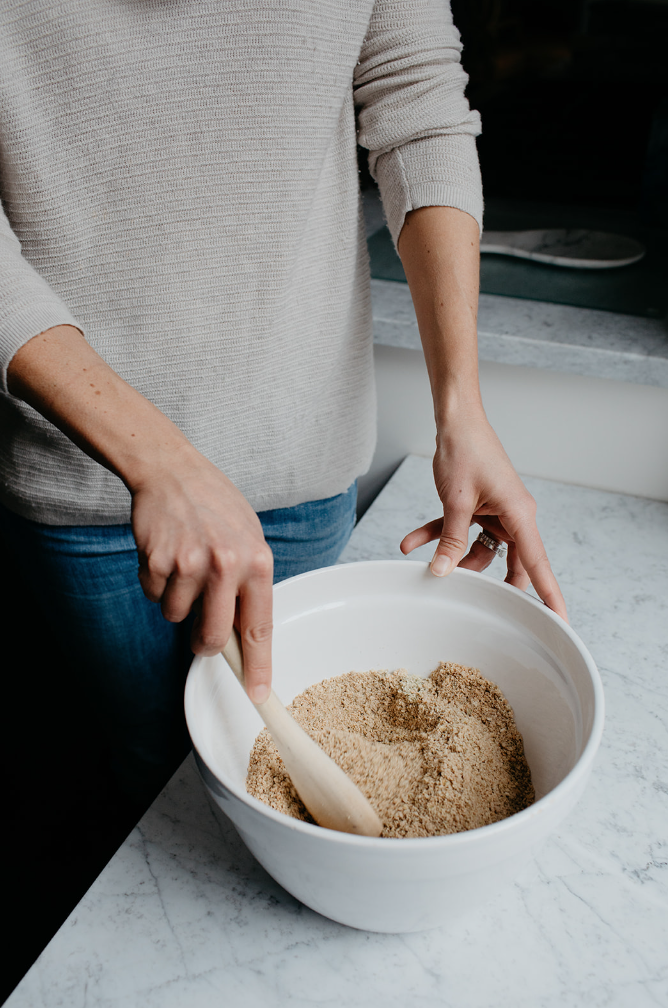Supriya Lal is a registered dietitian and a coach at All Access Dietetics. Her passion for becoming a dietitian blossomed from uplifting and empowering others to regain their health through good nutrition. She believes in the power of food as medicine and uses her education and expertise to help individuals start the journey to healthful eating, taking their health and budgets into account. We had the pleasure of chatting with her about what drove her to study nutrition, why she eats a plant-based diet, and recommendations on budget-friendly weeknight dinners that can please every palate. We hope her insight will inspire you to achieve your nutrition goals to heal and soothe your body.
Healthified Magazine: Thank you for speaking with us today. Tell us why you were drawn to the field of nutrition. What motivated you to become a registered dietitian?
Supriya Lal: I was a curious kid—always interested in various fields and subject matters. I was initially drawn to the field of public health because it was so interdisciplinary and allowed me to study all various fields while still aiming to help others and improving the world in some way. When I started my undergraduate degree, I was drawn to nutrition and the targeted assistance it could provide to underserved communities. My mother is also a registered dietitian, so I was well aware of the path needed to become a dietitian. I then enrolled in a program that would allow me to complete the necessary coursework. I look forward to being able to advocate for underserved communities in a more niche way while piquing all my multidisciplinary interests.
HM: What is your favorite part about being a dietitian?
Lal: My favorite part about being a dietitian is that I am able to help others in some way. Whether it’s from the skills that I acquired, like organizational and communication skills, or my knowledge of nutrition, I love empowering people to take charge of their own health.
HM: Do you have any advice for those aspiring to be registered dietitians?
Lal: Never give up! I was lucky in that my path to becoming a dietitian was relatively linear, but I recognize this isn’t the case for some. Gaining as much experience as you can, being open to new opportunities, and asking questions are all great ways to prepare to become a well-rounded dietitian. Identify mentors, if possible, who are in dream roles for you, and connect with them—I truly believe effective mentorship can be fundamental in success!
HM: Do you believe food can be medicine?
Lal: Absolutely! An underlying principle that draws everyone together is that we all must eat. Food can boost our mood, serve as our comfort, and be a form of ritual that brings us together as a society. Growing up in an Indian household, the rituals of Ayurveda were always pervasive in the background despite the need for western medicine, too. I believe both have merit and it’s really individual circumstances that lead one to be used over another.
HM: You’re a plant-based dietitian. What inspired you to eat predominantly plant-based?
Lal: I have had a myriad of my own health challenges since childhood, where food for a long time was an enemy rather than a friend. Despite various treatments, I still struggled with what foods were easy for me to ingest. However, after my own interest in sustainability and nutrition developed, a strong ethical desire grew in me that aligned with what I stand for. I decided to eat predominantly plant-based in an effort to be gentler on the planet in which I live, in compassion of other living beings, and in an effort to reclaim my own health.
HM: Why is it important to eat a plant-based or plant-forward diet?
Lal: I believe that before assessing importance, one must first ask themselves why they are going plant-based or plant-forward in the first place. There are a myriad of reasons one might want to adopt this diet, from sustainability concerns, ethical reasons, health reclamation, and cultural ideals. I believe that this diet and ethos can be adopted by anyone, anywhere, and on their own terms. Labelling things can be helpful when explaining things to others, but can also limit us in that it can feel restrictive for some. I encourage those who want to adopt this diet to adopt it on their own terms and constantly revisit why they did it in the first place in an attempt to make it less of a diet and more of a way of living.
HM: Can you share some hacks on how to purchase healthy, plant-based food under a budget?
Lal: Absolutely! Being a student now for about 6 years, I well understand the need to adhere to a budget. Some of the best tips I have for purchasing healthy food on a budget are: buying in bulk (namely beans, legumes, nuts, seeds, and certain grains) when possible, buying canned items in a pinch (mostly beans and certain vegetables like corn), finding an economical grocery site (eg. Aldi), and buying frozen (eg. frozen veggies or fruits). Some of these tips for fruits, vegetables, and beans are particularly helpful for those who might be living alone and not sharing groceries with others (as these items can be highly perishable). By purchasing them in a frozen, canned, or bulk format, they can often last longer and you can use them in the quantity that you need while preserving the rest and reducing food waste. Similarly, if someone has access to a farmers’ market, shopping locally is a great way to live sustainably.
HM: What are some of your favorite, budget-friendly weeknight dinners?
Lal: I have so many! Some of my favorites include: stir-frys or fried rice dishes (especially good if you have made some bulk rice that needs to be used up), soups (great with frozen vegetables), quesadillas or enchiladas (great with canned beans), and salads (especially when bulk fresh produce is available). Some links are below:
- Fried Rice
- SitrFry
- Bean Soup (I add many veggies!)
- Quesadillas
HM: Do you have any advice for families looking to make the transition to healthy eating?
Lal: My best piece of advice is to plan. My grandfather always told us “you don’t plan to fail; you fail to plan”. This I think is especially relevant for those looking to transition to this way of eating. Looking for recipes and going to the grocery store with specific grocery lists and recipes in mind are necessary, and using weekends or other free time to meal prep can be very helpful. Beans, legumes, and vegetables can easily be cooked in bulk, which can also be helpful to have on hand for the week. Additionally, the removal of the“all or nothing” mentality can be helpful. A common pitfall I see with patients and clients is that they feel as if they have fallen off the bandwagon after one bad meal or snack. This isn’t the case! Easing into a diet slowly, allowing yourself to enjoy foods you crave (in moderation), and adopting a balance is key for long-term success.
HM: Do you have a mantra? Any words you live by?
Lal: Since I was a little girl, my mom instilled the phrase “Be the change you want to see in the world”, coined by Gandhi. This has always resonated with me, and my brother, too. I believe this mantra has served as a foundation for why I strive to help others, make an impact, and continuously want to improve as a dietitian.

